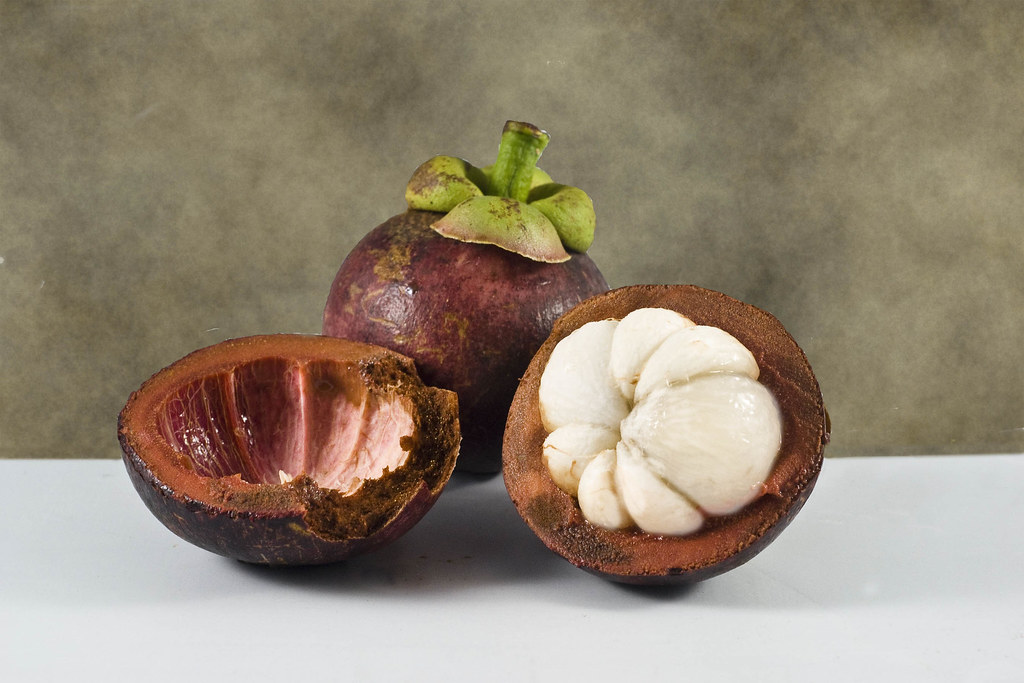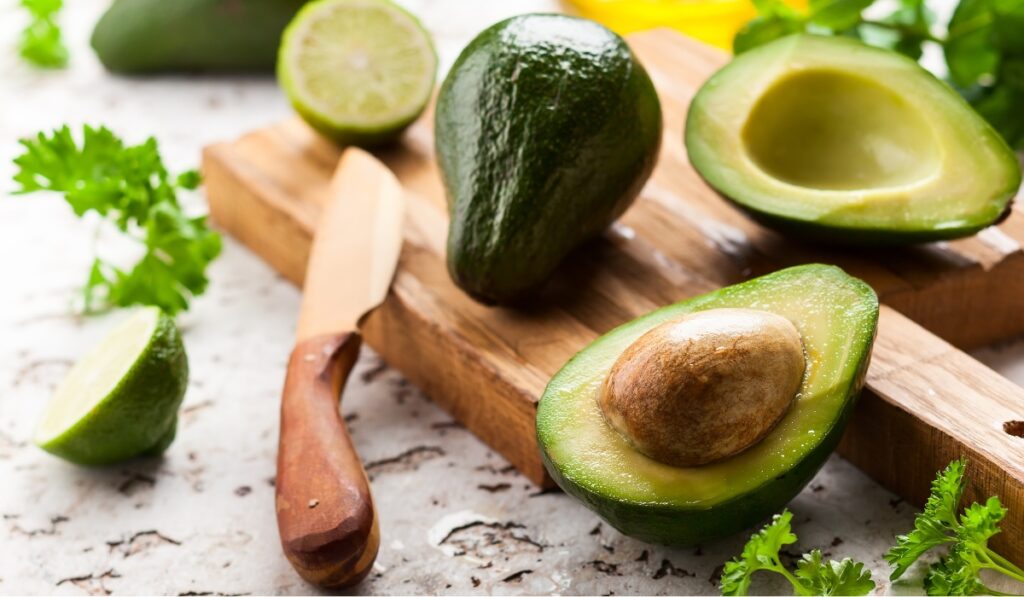Welcome to the fascinating world of rare fruits! In this article, we will take you on a journey to discover some of the rarest and most unique fruits on our planet. From the exotic Jabuticaba to the enigmatic Buddha’s Hand, these fruits are not only rare but also possess distinctive flavors, textures, and health benefits that make them truly remarkable.
Table of Contents
The Jabuticaba
Jabuticaba (Myrciaria cauliflora) is an extraordinary fruit native to Brazil. It grows directly on the trunk of its tree, giving it a unique and striking appearance. The fruit is small, purple, and resembles a grape, but its sweet, tangy flavor sets it apart. Rich in antioxidants and anti-inflammatory properties, Jabuticaba is beneficial for heart health and can help prevent various diseases.
The Mangosteen
Mangosteen (Garcinia mangostana), often referred to as the “Queen of Fruits,” hails from Southeast Asia. This exotic fruit has a thick, purple rind enclosing a soft, juicy, and aromatic white flesh. Mangosteen is known for its powerful antioxidant properties, attributed to the presence of xanthones, which can help combat inflammation and support a healthy immune system.
The Salak
Salak (Salacca zalacca), also known as “snake fruit,” is native to Indonesia. Its unique, reddish-brown scaly skin gives it a snake-like appearance, while its sweet, tangy, and slightly acidic taste makes it a popular treat. Salak is an excellent source of nutrients, including dietary fiber, vitamins, and minerals, which contribute to digestive health and overall well-being.
The Miracle Fruit
Miracle Fruit (Synsepalum dulcificum) is a West African native known for its extraordinary ability to alter taste perception. When consumed, the fruit’s glycoprotein, called miraculin, binds to taste receptors, making sour or bitter foods taste sweet. This unique characteristic has sparked interest in its potential applications for diabetics and weight loss programs.
The Chayote
Chayote (Sechium edule) is a versatile fruit from Central America. Also known as “vegetable pear” or “mirliton,” it has a mild, slightly sweet taste and crisp texture. Chayote can be consumed raw or cooked and is a rich source of vitamins, minerals, and fiber, offering numerous health benefits such as improved digestion and heart health.
The Buddha’s Hand
Buddha’s Hand (Citrus medica var. sarcodactylis) is an extraordinary citrus fruit originating from Northeast India and China. Its unusual, finger-like segments resemble a human hand, giving it its unique name. Buddha’s Hand has a delightful lemon fragrance and is often used for its zest, which imparts a bright, citrusy flavor to dishes. Rich in vitamin C, it can help support a healthy immune system and overall well-being.
The Monstera Deliciosa
Monstera Deliciosa, also known as the “Swiss Cheese Plant,” is native to Central and South America. Its distinctive, perforated leaves make it a popular houseplant, but it also produces a unique fruit with an exotic, sweet taste reminiscent of pineapple and banana. Monstera Deliciosa fruit is rich in vitamins and minerals, providing essential nutrients for a healthy diet.
The Horned Melon
Horned Melon (Cucumis metuliferus), sometimes called “Kiwano” or “African Horned Cucumber,” is native to Sub-Saharan Africa. Its spiky, orange-yellow exterior encloses a bright green, jelly-like pulp with a mildly sweet and tangy flavor. The fruit is a good source of vitamins, minerals, and antioxidants, making it an excellent addition to a healthy diet.
The Rambutan
Rambutan (Nephelium lappaceum) is a vibrant, hairy fruit native to Southeast Asia. Its name is derived from the Malay word “rambut,” which means “hair.” The fruit has a juicy, sweet, and mildly acidic flavor that is similar to lychee. Rambutan is rich in vitamin C, manganese, and other essential nutrients, offering numerous health benefits, such as supporting a strong immune system and healthy bones.
Conclusion
In conclusion, the world is filled with rare and intriguing fruits that not only delight our taste buds but also provide essential nutrients for our health. From the Jabuticaba’s unique growth on tree trunks to the taste-altering properties of the Miracle Fruit, these fruits are truly nature’s wonders. As we explore the vast array of flavors and textures these rare fruits offer, we also gain a deeper appreciation for the incredible biodiversity on our planet.






